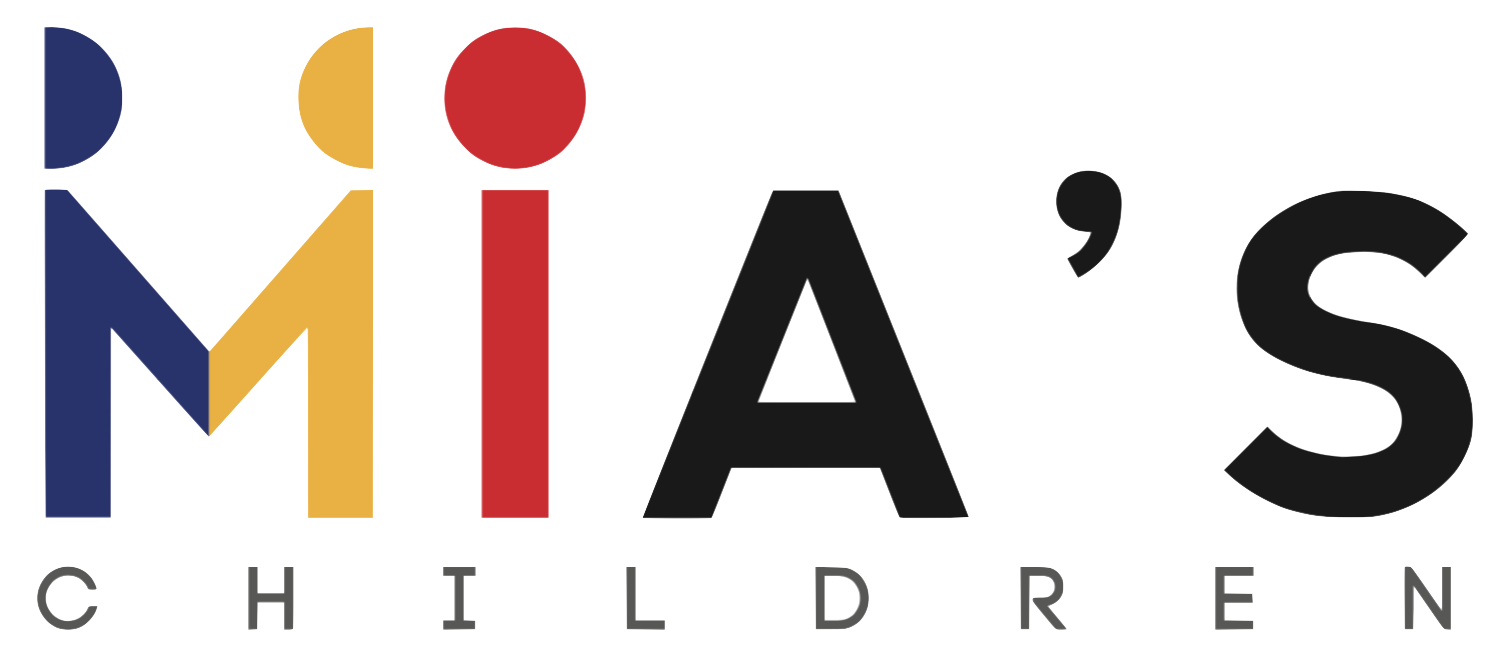Meet Our Doctors
 Open Door Medical Clinic – Bucharest
Open Door Medical Clinic – Bucharest
Did you know Mia’s Children has our very own medical team?
Okay, well not exactly, but we do have a special place to take the kids if they get sick or need checkups.
Drs. Linda and Milt Hanson, a US couple, run a medical mission in Bucharest called Open Door Medical Center.
From their website:
Situated in the city of Bucharest, capital of Romania, Open Door Medical Center is a full-service family medicine clinic that primarily serves low-income Romanians, gypsies, and refugees from Africa and the Middle East. Services include prenatal care and well-child care, geriatrics, and preventive care. The medical staff includes Drs. Milton and Linda Hanson, associate professors with University of Minnesota School of Medicine.
Most patients are very low-income Romanians, many of whom make less than $40 per month. The Romanian government provides no safety net medical care, and most low-income persons simply go without, but for the charity care offered at Open Door.
Refugees from Africa, and Iraqis and Iranians living in Romania also frequent Open Door Medical Center, as do some Americans and Western Europeans living in Romania.
Open Door’s two physicians are a husband and wife team. Milton and Linda Hanson are associate professors with University of Minnesota School of Medicine.They first came to Romania in 1994, learned the Romanian language, received their hard-won Romanian medical licenses, and then initiated the Open Door Medical Foundation in 1997.
For many years Mia has been able to bring the children and her own family to the center for quality, compassionate health care. What a blessing in a country with overburdened medical programs and a struggling economy.
Learn more about Open Door Medical Center and how you could get involved with their work.

